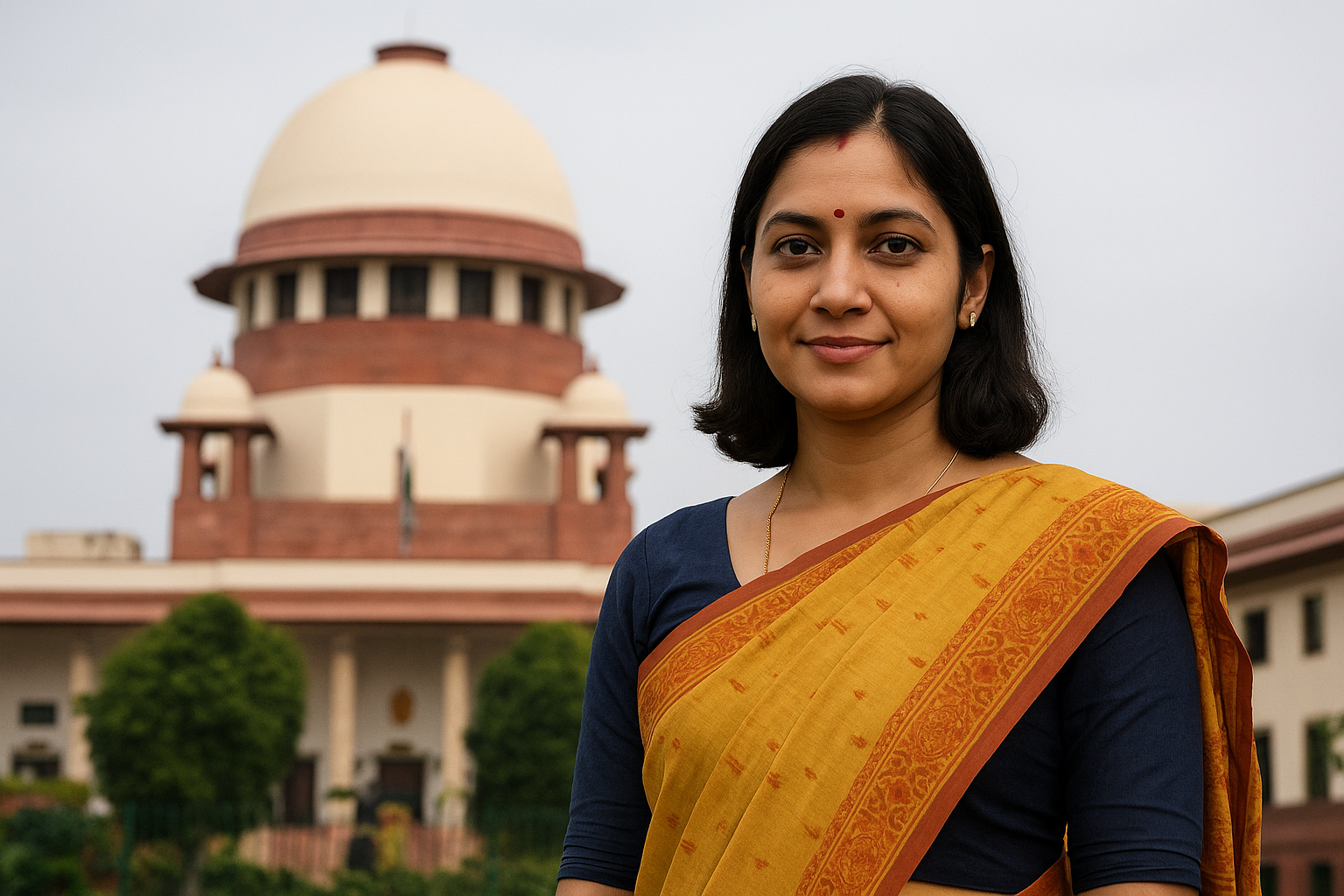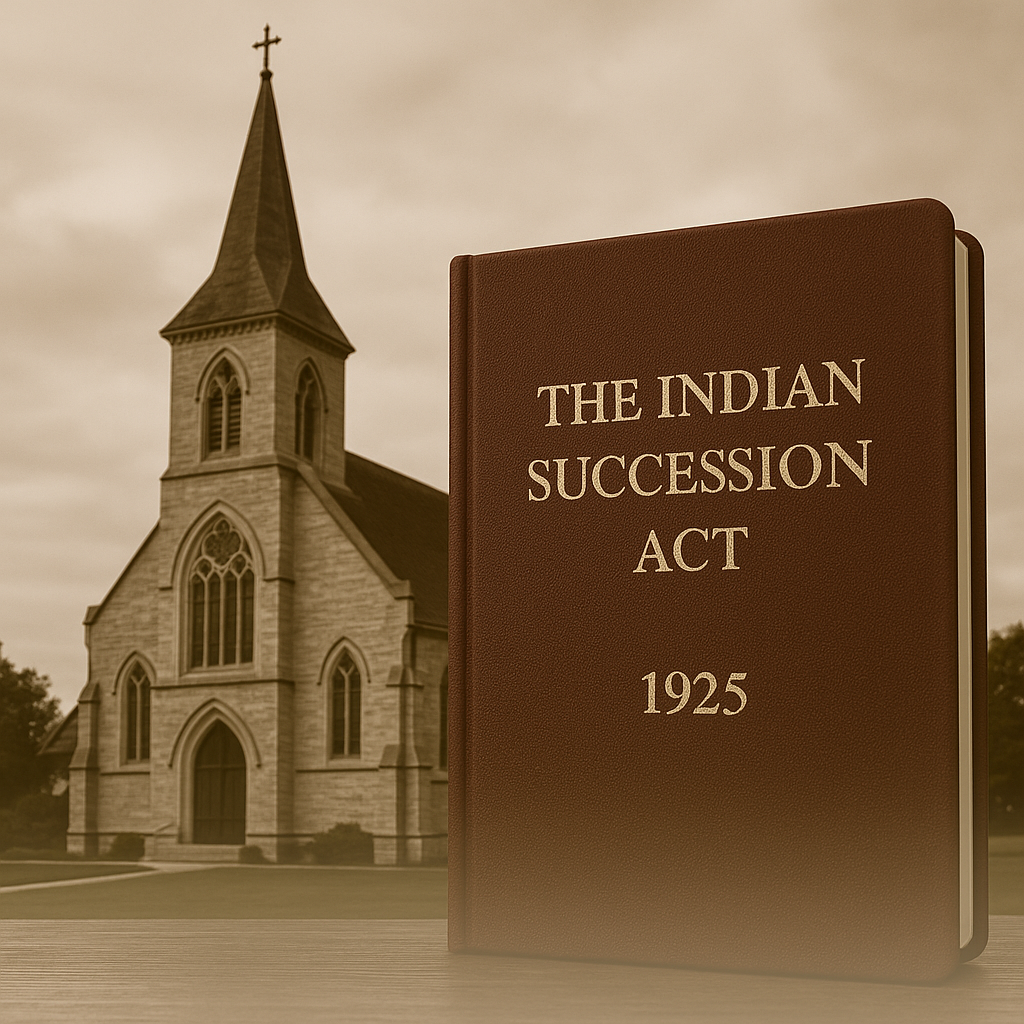Introduction:
In a pivotal ruling, the Allahabad High Court has clarified the legal position of nominees in bank accounts, emphasizing that while a nominee has the right to receive the deceased’s bank deposits under Section 45ZA of the Banking Regulation Act, 1949, the money is subject to succession laws. This ensures that the deceased’s legal heirs retain their rightful claim over the estate. The bench comprising Justice Shekhar B. Saraf and Justice Vipin Chandra Dixit delivered this judgment in a writ petition filed by Manoj Kumar Sharma, who sought the release of funds from his late mother’s Fixed Deposit Receipts (FDRs) as the nominee.
The ruling reinforces the distinction between a nominee’s right to collect the money and the heirs’ right to succeed it under inheritance laws.
Arguments of Both Sides:
Petitioner’s Contentions:
- Nominee’s Right to Receive: The petitioner, citing Section 45ZA of the Banking Regulation Act, argued that as the nominee and legal heir, he was entitled to receive the funds from his mother’s FDRs.
- Role as Trustee: The petitioner submitted that even if succession laws governed the distribution of the funds, the nominee retained the right to hold the money in trust until final adjudication.
- Precedents in Favor: The petitioner referred to the Supreme Court judgment in Ram Chander Talwar v. Devender Kumar Talwar (2010), which held that a nominee acts as a trustee for legal heirs, and sought similar treatment in his case.
Respondents’ Contentions:
- Distinction Between Nominee and Heir: The respondents argued that Section 45ZA only grants the nominee the right to receive the money from the bank but does not override the laws of succession.
- Trustee for Heirs: They contended that any money received by the nominee must be held in trust for the deceased’s legal heirs.
- Pending Legal Challenges: Highlighting the dismissal of the petitioner’s succession suit and the pending suit concerning the will’s cancellation, the respondents argued that the petitioner’s claim lacked a solid legal foundation.
Court’s Observations:
- Legal Interpretation of Section 45ZA:
The court relied on the precedent set by the Supreme Court in Ram Chander Talwar and the High Court’s earlier ruling in Vineet Kumar Sharma v. Union of India (2024) to elucidate the role of a nominee:
The nominee is authorized to receive the deceased’s bank funds.
However, the nominee does not gain ownership of the money. The funds remain part of the deceased’s estate, subject to distribution under succession laws.
- Nominee as Trustee:
The court emphasized that the nominee acts as a trustee for the legal heirs. Thus, while the nominee can withdraw the funds from the bank, they must hold them in trust and ensure they are distributed as per succession laws.
- Applicability of Succession Laws:
The court clarified that the nominee’s right to collect funds from the bank does not negate the rights of legal heirs under inheritance laws. These laws govern the ultimate distribution of the deceased’s estate, including the funds held in the bank.
- Impact of Pending Litigation:
The court noted that the petitioner’s succession suit was dismissed due to the pendency of a separate suit challenging the validity of the mother’s will. It highlighted that the nominee’s right to receive funds remains intact despite pending legal disputes, provided the nominee holds the funds in trust for legal heirs.
Judgment:
In light of the submissions and legal precedents, the Allahabad High Court ruled as follows:
The petitioner, being the nominee, has the right to receive the funds from the FDRs.
The funds must be held in trust by the petitioner until the succession dispute is resolved.
The court directed Bank of Baroda to release the funds within three weeks, subject to the petitioner filing an affidavit:
Acknowledging that the funds are held in trust.
Undertaking to distribute the funds to legal heirs if and when ordered by a competent court.
The court disposed of the petition while ensuring that the legal rights of the heirs remained safeguarded under succession laws.

















